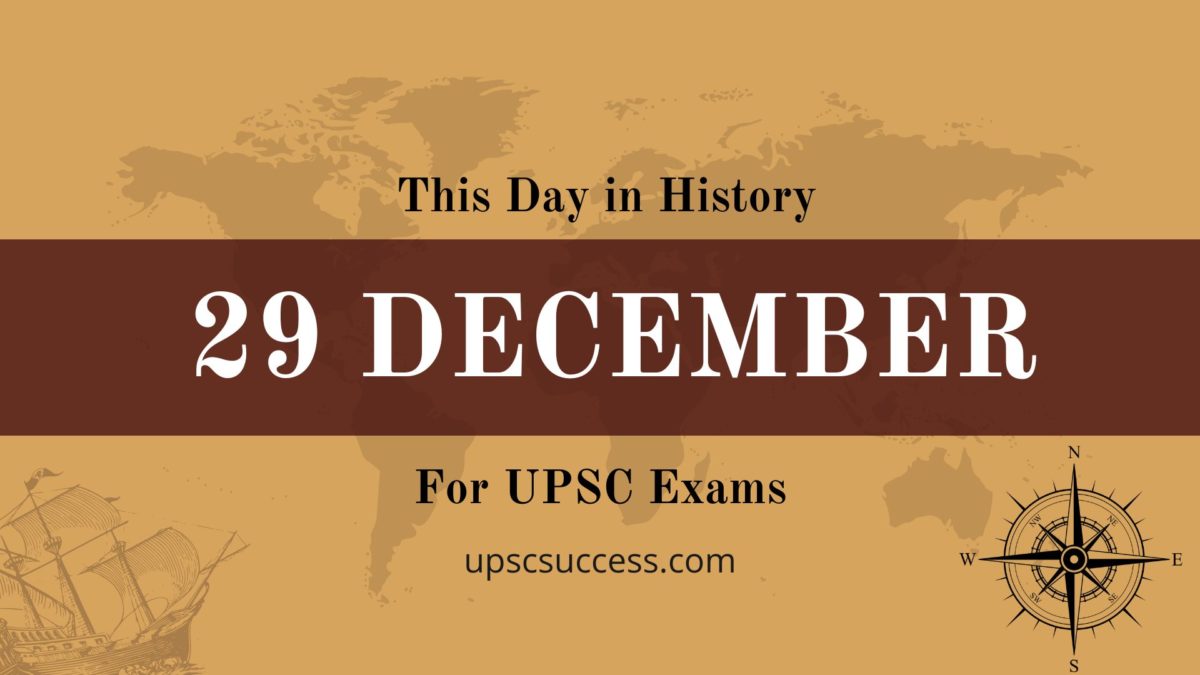Contents
This Day in History on 29 December
The historical events hold a lot of value for aspirants who are sitting for UPSC competitive exams including the IAS Exam.
On this page, we will list all historical events that occurred on 29 December. The students can refer to them while preparing for all competitive exams and banking exams.
Important Days
–
Important Events
1530: Humayun, son of Mughal emperor Babur, succeeded him.
1778: British forces captured the US state of Georgia.
1885: A group of middle-class intellectuals in India, some of them British, found the Indian National Congress to be a voice of Indian opinion to the British government. This was the origin of the later Congress Party which was founded in Bombay.
1890: Wounded Knee Massacre on Pine Ridge Indian Reservation, 300 Lakota are killed by the United States 7th Cavalry Regiment.
1909: Congress at Lahore adopts resolution praising Indians’ struggle in South Africa and urged ban on indenture.
1911: Mongolia became independent from the rule of the Qing dynasty.
1922: The Netherlands adopted the constitution.
1930: Sir Muhammad Iqbal introduced the two-nation theory and the vision for the creation of Pakistan.
1953: The States Reorganisation Commission.
1957: 8,000 ton cruiser INS Mysore commissioned.
1959: Nobel laureate Richard Feynman delivered the famous speech “There is plenty of room at the bottom” at CALTECH. This is considered to be the beginning of nanotechnology.
1959: Durgapur Iron Plant inaugurated.
1965: First Indian-made tank ‘Vijayanta’ rolled off the Avadi Heavy Vehicles factory.
1972: Construction work of Metro Train in Calcutta commenced.
1975: D.K. Barooah elected Congress President.
1975: The law on equal rights for women and men came into force in Britain.
1977: World’s biggest Drive-In theatre started screening in Bombay.
1977: The world’s largest open-air theatre drive opened in Bombay (now Mumbai).
1983: Gavaskar makes the highest Test Cricket score by an Indian, 236* vs West Indies.
1984: Rajiv Gandhi claims for Indian Prime Minister post after his landslide majority in 8th General Elections.
1985: Sri Lanka granted citizenship to 43,000 Indians.
1989: Prasar Bharati Bill and Lok Pal Bill introduced in Lok Sabha.
1996: Trishul’, surface-to-air missile successfully tested.
1997: Sonia Gandhi stepped into active politics.
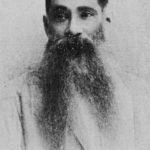
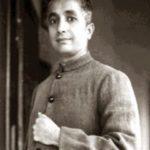
Birth/Birth Anniversary
1800: Charles Goodyear, an American self-taught chemist, and manufacturing engineer.
1808: Andrew Johnson, the 17th president of the United States.
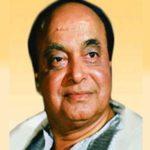
1809: William Ewart Gladstone, the Prime Minister of the United Kingdom.
1844: Womesh Chunder Bonnerjee, an Indian barrister. He was the co-founder and first president of the Indian National Congress.
1904: Kuvempu, an Indian novelist, poet, playwright, and critic.
1917: Ramanand Sagar, an Indian film director.
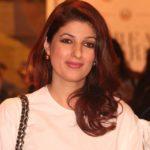
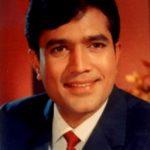
1942: Rajesh Khanna, an Indian actor, film producer, and politician.
1949: Syed Kirmani, an Indian cricketer.
1960: David Boon, an Australian cricket match umpire, former cricket commentator and international cricketer.
1973: Twinkle Khanna, an Indian author, newspaper columnist, interior designer, film producer, and a former film actress.
Death/ Death Anniversary
1927: Hakim Ajmal Khan, freedom fighter, litterateur and a true patriot, died.
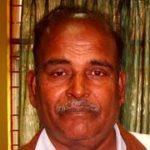
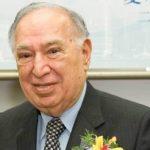
1938: Mahavir Prasad Dwivedi, an Indian Hindi writer and editor.
1967: Pt. Omkarnath Thakur, an Indian music teacher, musicologist and Hindustani classical singer.
1968: Chunilal Kalidas Madiya, famous Gujrathi playwright, story writer and novelist, died.
1971: Dadasaheb Gaikwad, an Indian politician and social worker from Maharashtra.
1986: Harold Macmillan, the Prime Minister of the United Kingdom.
2012: Anthony William Greig, an England Test cricket captain turned commentator.
2013: Jagadish Mohanty, a renowned Indian-Odia writer.
2014: Hari Naroomal Harilela, a Hong Kong Indian businessman, hotelier, and philanthropist.
2015: General Om Prakash Malhotra, the 13th Chief of Army Staff of the Indian Army

